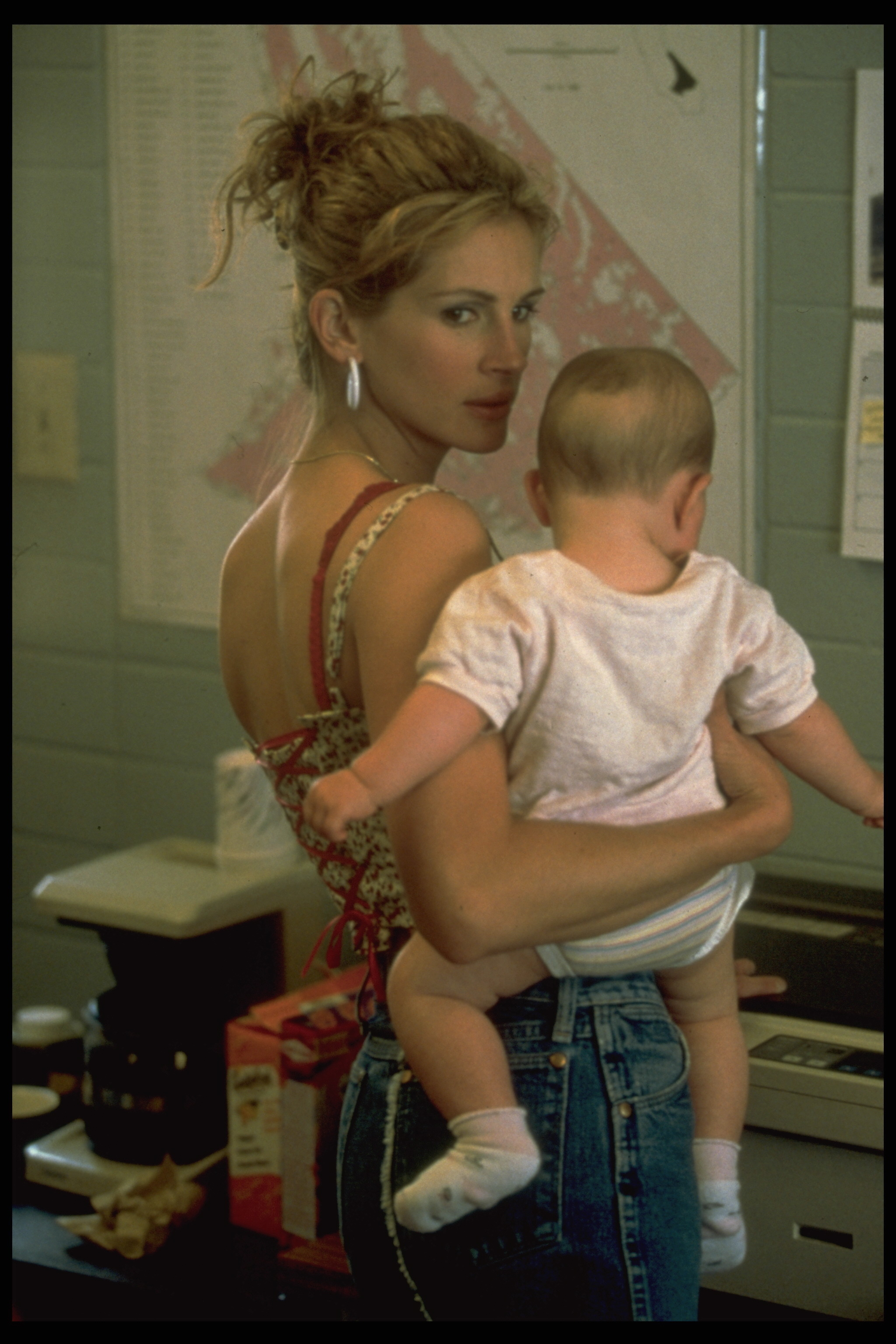News feed

PSA: Julia Roberts would like to politely remind you all – and by all, we mean especially the journalists sitting at the round-table with her right at this moment – that not all interviews and all films have to involve a question about the #MeToo movement. She would also like you to know that by touting what a great job a woman did in a film that we are essentially participating in an issue in our attempts to rise above it.
Here’s how such a public service announcement came about:
I was in Canada at the end of last year at a round table interview with Julia Roberts. Her film, the incredibly powerful Ben Is Back, was premiering at the Toronto International Film Festival that night and the film’s director Peter Hedges had just finished telling us, through tears, that Roberts would “blow your f***ing mind” in his project. (She does by the way. Definitely go and see it.)
But it was one question by an Israeli journalist that interrupted the lively, intelligent and witty conversation we were enjoying with the 51-year-old Academy Award-winning actress. The man asked how Roberts thought her 1990 film Pretty Woman would be received today, considering the women’s movements and the film’s plot which explored the relationship between a rich entrepreneur and a young prostitute.
Roberts’ demeanour instantly changed to resemble that of Erin Brockovich sitting inside an office in a law firm. We had just ten minutes with arguably one of the biggest movie stars in the world and that was the question he asked. Suddenly I felt like I was sitting in Ed Masry’s office next to the woman with “two wrong feet and f***ing ugly shoes”. “It’s a 30-year-old movie,” Roberts replies. “I think anytime you’re going to reach back to bring something into the present, there’s going to be trouble making the connection for a variety of reasons. They could be political, cultural – they could be just dated clothing – so I don’t think it’s a reasonable testament to challenge the question of now, to use that as a template of ‘Would that work now?’. We have no way of knowing that.”

But it didn’t end there. A South African journalist followed up with another question about the #MeToo movement. Keep in mind, Roberts is here to talk about her current film where she plays a desperate mother who, over a 24-hour period, is trying to keep her drug-addicted son clean and alive. #MeToo, while important, was not relevant in this context. And Brockovich Roberts shut it down.
“I will say this,” Roberts interrupts. “I’m not entirely sure what we are talking about at this point but I think we get very caught up in the conversation about gender and equality – and then you have the ‘Year of the Woman’ that happens every few years,” she begins. “I think ultimately we should focus less on separating men and women and more on celebrating as artists – ‘The Year of People Doing Great Work whether they be Men or Women’. If we say, ‘Didn’t she do a great job and she’s a woman’ then it’s almost like we are participating in the issue in our attempt to rise above it in a funny way.”
Do they teach journalists how to apologise? Because you suck at it.
Ben Is Back is in Australian cinemas now.
Read our full interview with Julia Roberts here.
https://www.youtube.com/watch?v=j7ckCekdGr8









